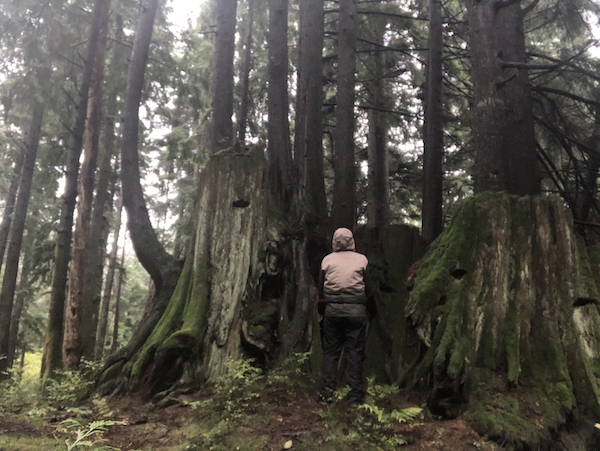
In this blog post, I’m going to lift the lid on the core of my facilitation practice. I specialize in complex facilitation for addressing complex issues and this requires a special approach to working with groups. In the Art of Hosting world, we call this approach “hosting” to signify that it has its primary focus on the spaces and processes that we use to host dialogue rather than a more traditional facilitation approach that manages the content, meaning-making, and dynamics. For me, this approach is defined by a focus on the two key dynamics of emergence and self-organization. After 15 …
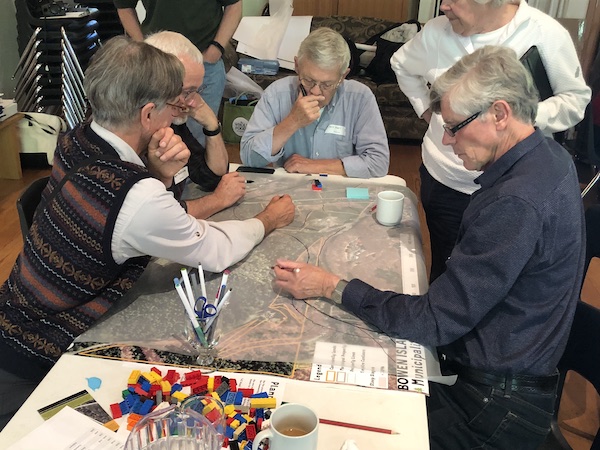
A couple of days I ago I shared a link on twitter from Rob Hopkins about a community meeting held in Totnes in the UK which brought together the community to discuss what to do now that the town had declared a climate emergency. The design of the meeting was highly participatory and I’m grateful that the organizers took time to document and share the results. The design had all the hallmarks of an effective participatory gathering, including having a well thought through harvest strategy so that the gathering was in service of the work and that it left people …
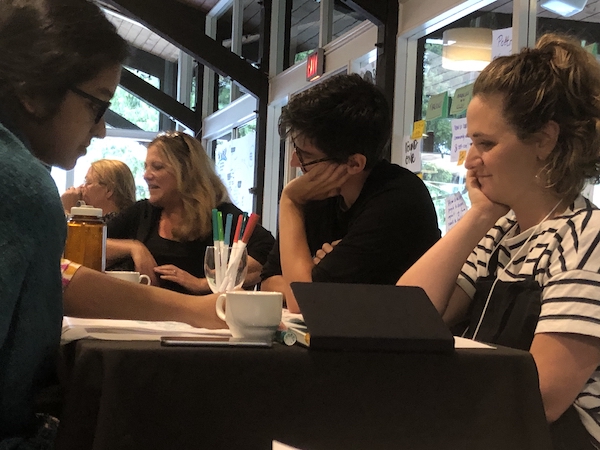
Recently I have had several jobs that have required large group complex facilitation. Sometimes this work involves using methods like Open Space Technology or World Cafe, and other times it requires new designs and processes customized for the work. When I say “complex facilitation” I mean running group processes that are grounded in complexity theory and intended to move a group towards emergent outcomes. I first heard this term used by Sonja Blignault and Dave Snowden of Cognitive Edge, to describe this kind of facilitation. (Sonja has a great post on this stuff!) These are facilitation techniques and approaches that …
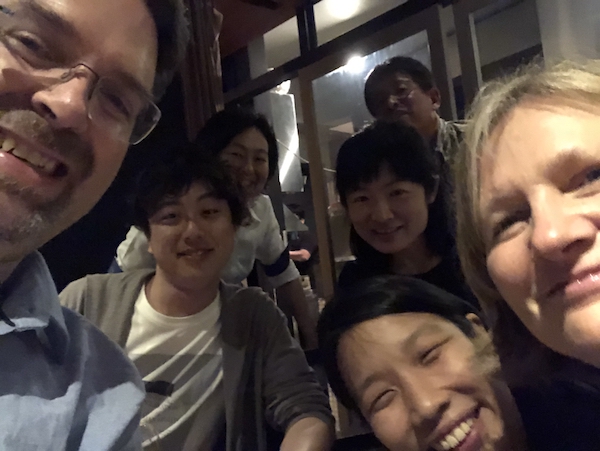
Part seven of a seven part series on the seven little helpers for dialogue and action Part 1: Presence Part 2: Have a good question Part 3: Use a talking piece Part 4: Harvest Part 5: Make a wise decision Part 6; Act 7. Stay together. Our final little helper in this series is maybe the most important and it perhaps brings us back to the beginning again. Quite simply, if you have taken the time to do good work, the best way to ensure that it is sustainable over time is to stay together. Important work requires a strong …
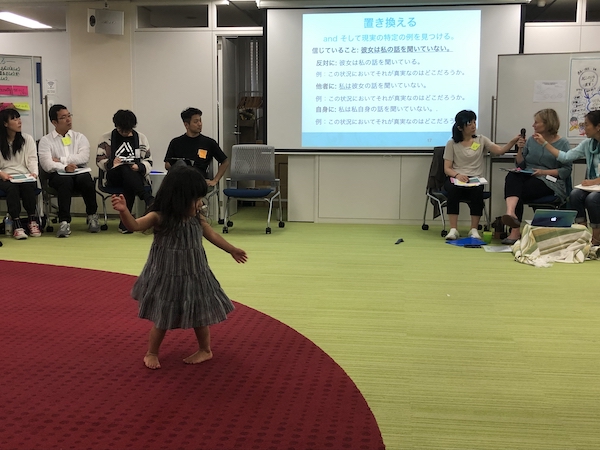
Part six of a seven part series on the Seven little helpers for dialogue and action Part 1: Presence Part 2: Have a good question Part 3: Use a talking piece Part 4: Harvest Part 5: Make a wise decision 6. Act The sixth of our seven little helpers is simple: Act. If you have taken the time to plan, talk, and harvest, you owe it to yourself and your group to honourably act on what you’ve learned. Now it’s easy to get consumed by the cult of action, and to assume that every encounter needs to have a week …

